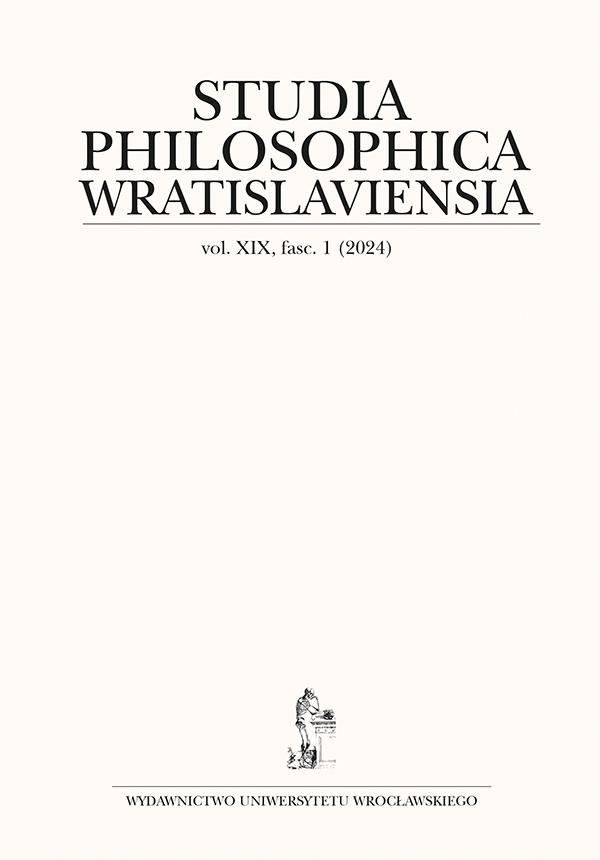Hobbes bez Schmitta. Suwerenność, prawa człowieka a porównawcza teologia polityczna
Hobbes Beyond Schmitt: Sovereignty, Human Rights, and Comparative Political Theology
Author(s): Mariusz TurowskiSubject(s): Human Rights and Humanitarian Law, Political Philosophy
Published by: Wydawnictwo Uniwersytetu Wrocławskiego
Keywords: C.B. Macpherson; Leo Strauss; Thomas Hobbes; sovereignty; political ontology; political theology; comparative intercultural philosophy;
Summary/Abstract: The paper is a contribution to discussions about prospects of reaffirm- ation of the ontological-political interpretation of Hobbes’s thought advised in the mid-twentieth century by Leo Strauss and C.B. Macpherson. The paper begins with an outline of the main avenues and lines of contention and division within contempor- ary Hobbes studies, constituted as examples of the “definitive rejection” of Strauss’s and Macpherson’s interpretations. In the second part, there are discussed some issues in detail that help us to define the meaning of the political ontology in Hobbes’s thought as determined by the pair of oppositions “juridical (negative) power” — “onto- logical-generative (positive) power”. In the third and fourth parts there are considered two main aspects and implications of the Hobbesian theory of sovereignty, as well as the current debates around it (launched mainly as a result of inspiration by Carl Schmitt’s reading of the theory): firstly, the doctrine of an exception/state of emer- gency in relation to the idea of citizenship and human rights, and, secondly, meta- physical-political and theological-political, justifications of the “monistic” authority of the absolute power juxtaposed against a pluralist and democratic (republican), and at the same time a-secular and cross-religious-comparative considerations of sover- eignty of the “people” (as a “multitude”). As a result of the proposed analyzes and reflections, the religious and theological foundations (considered through compara- tive studies on the doctrines and traditions of three monotheistic religions) are high- lighted for questioning the “essentialist” approach to the “fetishism” of sovereignty in the most influential doctrines from Schmitt to Morgenthau and Hinsley.
Journal: Studia Philosophica Wratislaviensia
- Issue Year: 19/2024
- Issue No: 1
- Page Range: 85-107
- Page Count: 23
- Language: Polish

